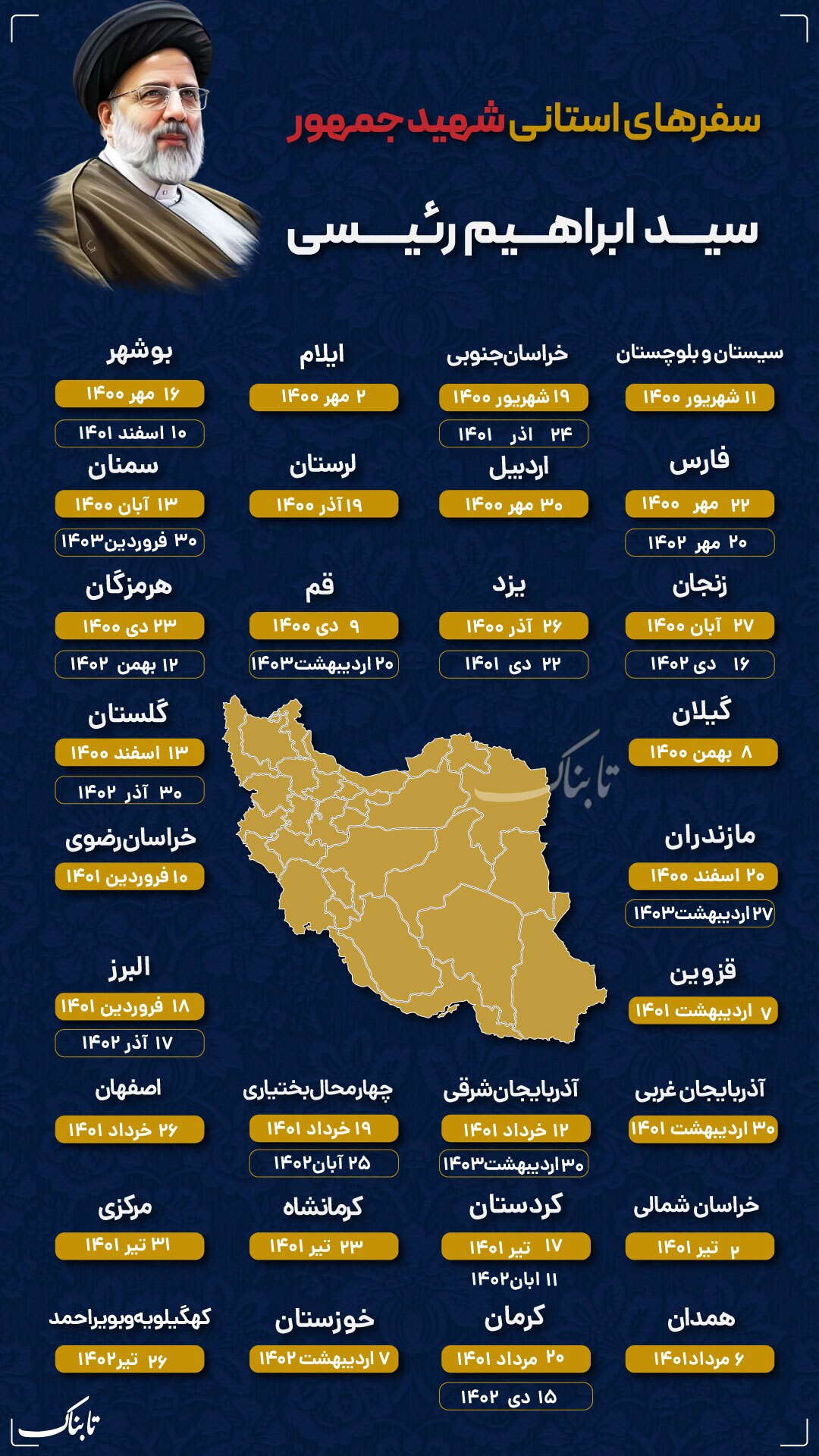A week that started fraught with risks for the rand is ending on a positive note for the South African currency.
The rand surged toward its sixth straight weekly advance, hitting a five-month high against the dollar on Friday. That comes after a highly contested budget and a heated White House encounter between President Cyril Ramaphosa and his US counterpart Donald Trump, both of which threatened to undermine the rand’s momentum after the currency had recovered from a slump sparked by sweeping US tariffs announced in April.
ADVERTISEMENT
CONTINUE READING BELOW
South Africa’s finance minister on Wednesday presented a fiscally cautious budget, alleviating a months-long political crisis that had imperiled the stability of the nation’s governing coalition. Ramaphosa’s meeting with Trump on the same day turned acrimonious as the US president falsely accused the government of ignoring the killing of white farmers. That raised concerns the two countries wouldn’t be able to reach a deal on investment and trade, though Ramaphosa later said further talks were “constructive.”
Read: Rand surges after South Africa flags inflation-target change
“It surprised quite a lot of market observers that the rand demonstrated such resilience over the past several days, particularly after the dramatic White House confrontation between President Trump and President Ramaphosa’s delegation,” said Phoenix Kalen, head of emerging-market research at Societe Generale SA. “But at the end of the day, the market deemed that the trading details at stake are a much less important driver than South Africa’s relationship to China and the performance of key commodity prices.”
Read: Inflation rises slightly in April
The global economic backdrop favored a resilient Chinese currency as well as stronger gold prices, “hence imbuing strength into the rand,” Kalen said. The currency traded 0.2% stronger at R17.96 per dollar by 2:02 p.m. in Johannesburg, on track for a weekly gain of 0.3%.
Finance Minister Enoch Godongwana’s third attempt at the budget on Wednesday won wide support among political parties as it eschewed higher borrowing or tax increases in favour of spending cuts. It also ensured the business-friendly Democratic Alliance remains part of the African National Congress-led coalition government for now.
Read: Deputy Governor Fundi Tshazibana says inflation goal is too wide
“The recent drop in political risk and passing of the budget has improved investors’ confidence,” said Annabel Bishop, chief economist at Investec Bank. “While the rand is expected to see further strength this year, risks remain and the domestic currency is expected to remain volatile, with international events, particularly in the US, key.”
ADVERTISEMENT:
CONTINUE READING BELOW

The rand, often seen as a bellwether for the outlook for emerging markets, is on a weekly winning run not seen since December 2020. A weaker dollar and improved ooutlook for corporate earnings has fueled outperformance in developing-nation stocks over recent weeks.
Interest-rate differentials also continue to favor the rand, with the Federal Reserve seen cutting its benchmark rate twice this year. The South African Reserve Bank is also expected to reduce its policy rate when it meets next week, with inflation below its 3%-6% target range. Even so, South Africa’s real rate will remain among the highest in emerging markets.
“Even if the SARB cuts the repo rate by 25 basis points in May and the Fed stays on hold for a while longer, local monetary policy should remain supportive of the rand,” according to Nedbank analysts Reezwana Sumad and Walter de Wet. They see the rand strengthening to R17.40 per dollar, compared with around R17.93 on Friday.
“Our fair-value range is R17.00 to R17.50,” the analysts said. “With the currency above this range, we would in general have a rand strengthening bias, and below this, a rand weakening bias.”
© 2025 Bloomberg
Follow Moneyweb’s in-depth finance and business news on WhatsApp here.

 23 hours ago
1
23 hours ago
1






















 English (US) ·
English (US) ·